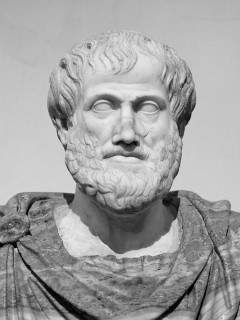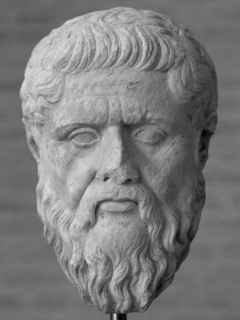

Sic et non
some disputed questions in reproductive ethics
pp. 381-413
in: George Khushf (ed), Handbook of bioethics, Berlin, Springer, 2004Abstract
It is often said that recent technological developments have radically changed the face of reproductive ethics and left a philosophical void in need of filling. However, I believe that this is an overstatement. The path I have traced in the text above, from issues of personhood and killing, to issues of technical production of children, to issues of autonomy and the relationship between sexual intercourse and children, is a path which has, I believe, been followed before. In his Republic, Plato deals with precursor issues to all these problems. We may think, first, of his provisions for infanticide, second, of the eugenic streak which runs through his discussion of the generation of children, and third, of the lack of reproductive and marital autonomy granted to the guardians by the state. While one might certainly disagree with Plato's views on these matters, it is still the case that he began a tradition of philosophizing about such issues, a tradition which was advanced, often in regards to the same issues, by Aristotle, Augustine, Aquinas, Kant, and others. Those working in the field of reproductive ethics must certainly look forward, and I hope I have indicated some topics that require further investigation. But I believe we should also look back, and not forget, in the vertigo induced by the new reproductive technologies, the stability of over two thousand years of philosophical discussion.





